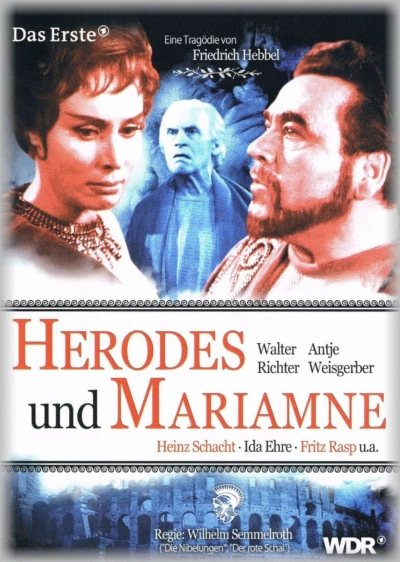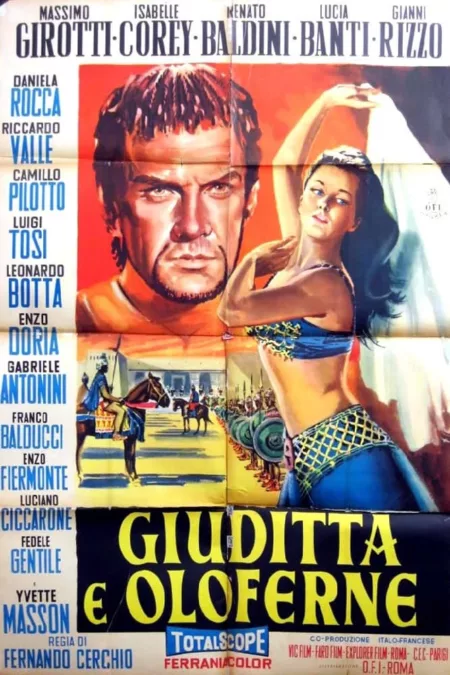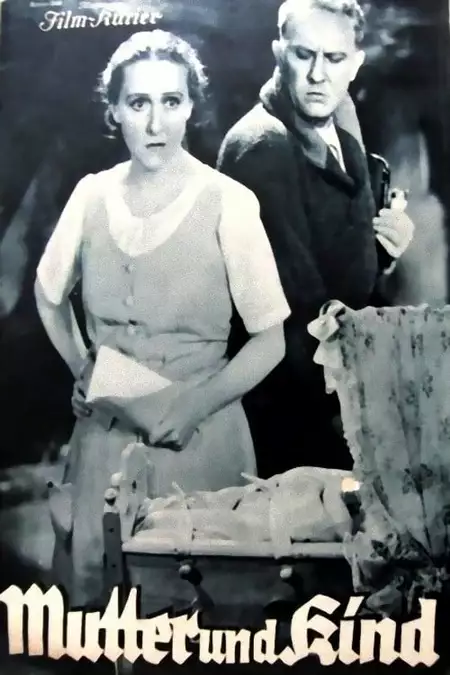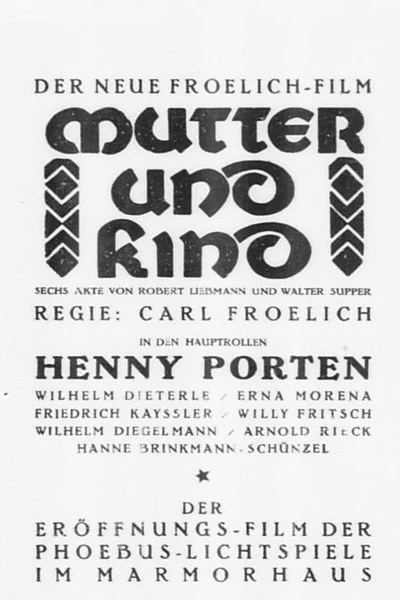Biography
(No Information)
Filmography
all 7
Movies 7
Writer 5
Information
Known ForWriting
GenderMale
Birthday1813-03-18
Deathday1863-12-13 (50 years old)
Birth NameChristian Friedrich Hebbel
Birth PlaceWesselburen, Germany
SpouseChristine Enghaus
CitizenshipsDuchy of Holstein
AwardsSchiller prize, Bavarian Maximilian Order for Science and Art
This article uses material from Wikipedia.
Last updated:
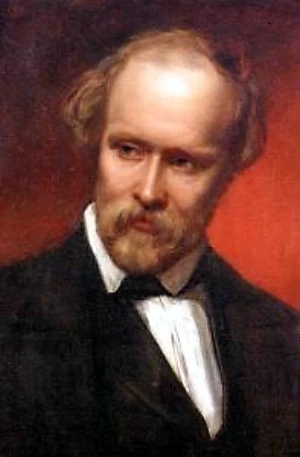 Friedrich Hebbel
Friedrich Hebbel- Filmography
- Information

